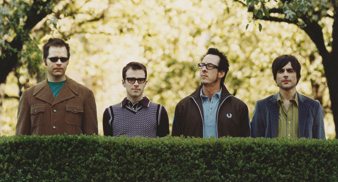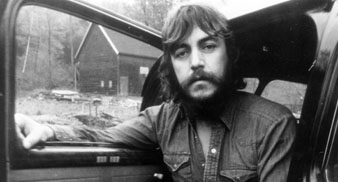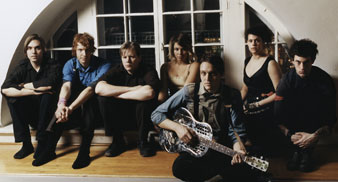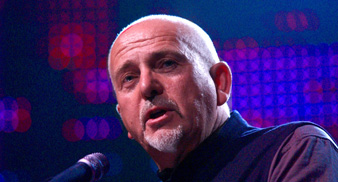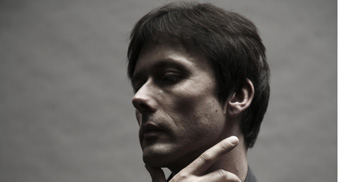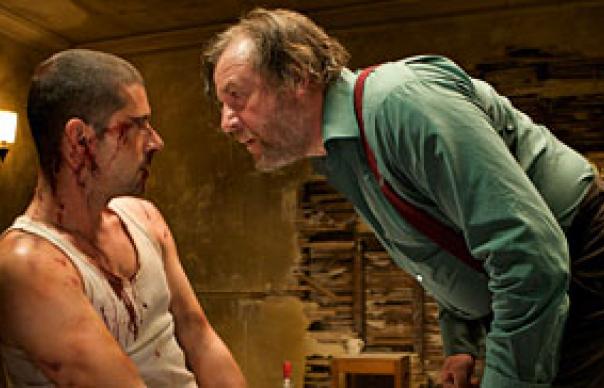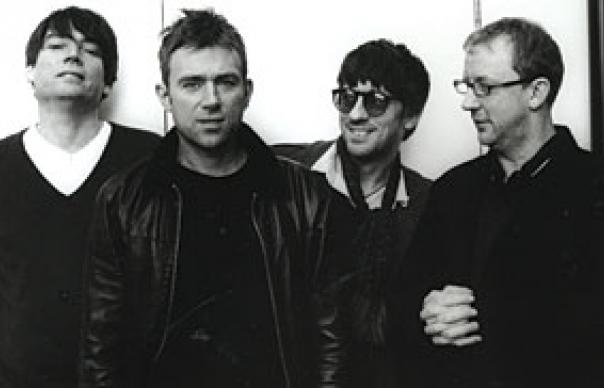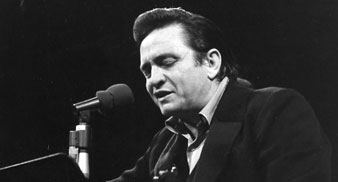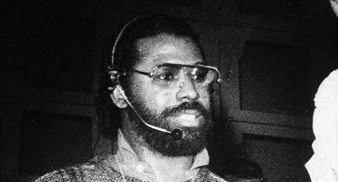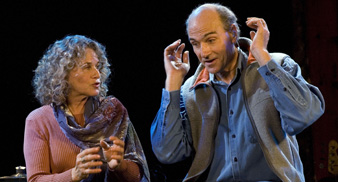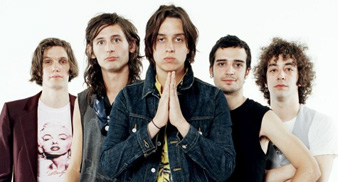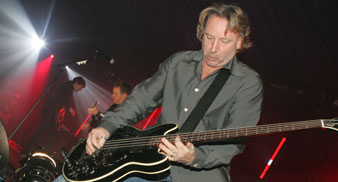A bit unusual actually blogging about someone who sits in the same office, but a lovely reissue to start off today: the solitary EP by Apple Boutique, out for the first time on CD and pretty much unavailable since 1987. “Love Resistance” counts as one of the great lost Creation singles, made by John Mohan and Uncut’s picture researcher Phil King around the time they joined Felt (both had been part of The Servants, previously, for those of you still keeping an eye on C86 Family Trees). Since then, Phil’s played bass with The Jesus And Mary Chain, Lush, Earl Brutus, Jackie De Shannon and God knows how many other bands. I think I’m right in saying, though, that this is the only time he’s fronted one. Which is a pity, because “Love Resistance” is a terrific record: very much of its time, but with something about it that has made it age a lot better than many of the other jangly records I listened to when I was a student. The antecedents are pretty obvious: Orange Juice, The Go-Betweens, Felt themselves, the latter especially on the instrumental “Ballad Of Jet Harris”- though oddly that’s reminiscent of Felt’s earlier incarnation than the band which featured Mohan and King. Inevitably there’s a degree of feyness here, but the tunes are much more robust than many of the time, and Mohan’s nimble, elaborate guitar-playing is in a very different class to the determinedly amateurish types that proliferated in the mid-‘80s. A really fine record, out on tiny CD through Vollwert. Another reissued curio that we’ve been playing a lot of late is FJ McMahon’s “Spirit Of The Golden Juice”, the sole, 1969 album by a Californian Vietnam vet that Rev-Ola are putting out. McMahon has one of those well-seasoned folk baritones that immediately put him into the company of Fred Neil and sundry Tims, gruff and diffident on one level, but can also carry a song with a real lightness of touch and emotional delicacy. Someone here (Phil, actually) has mentioned Dino Valenti, too, which makes sense on a good few of these nine potent songs (the opening “Sister Brother” is especially wonderful). There are points, too, where McMahon unwittingly seems to act as bridge between Greenwich Village and a coming wave of weathered singer-songwriters like Townes Van Zandt. Again, great stuff.
A bit unusual actually blogging about someone who sits in the same office, but a lovely reissue to start off today: the solitary EP by Apple Boutique, out for the first time on CD and pretty much unavailable since 1987.


